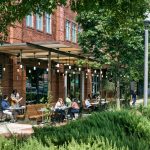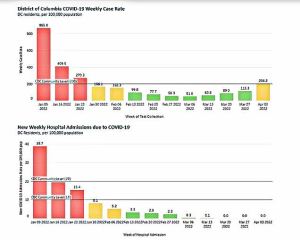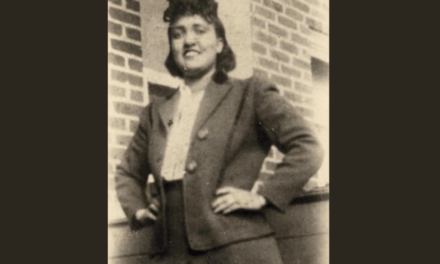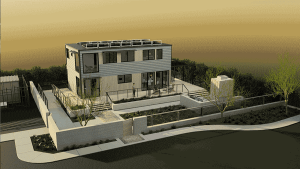With the support of local businesses and leadership by Sloss Real Estate, the City of Birmingham has facilitated a $3.2 million road diet to the Second Avenue South area. (Sloss Real Estate Photo)
” data-medium-file=”https://www.birminghamtimes.com/wp-content/uploads/2024/11/DBA_016-6-scaled-1-300×169.jpg” data-large-file=”https://www.birminghamtimes.com/wp-content/uploads/2024/11/DBA_016-6-scaled-1-1024×576.jpg” tabindex=”0″ role=”button” />
birminghamal.gov
The district surrounding Second Avenue South has long been a popular gathering place because of its cluster of renowned restaurants, retail spaces, and the award-winning Pepper Place Farmer’s Market. But for pedestrians and bike riders, navigating the area was often a challenge.
With the support of local businesses and leadership by Sloss Real Estate, the City of Birmingham has facilitated a $3.2 million road diet to the area that has transformed the streetscapes and sidewalks into a safe and more navigable space.
“There is now more green space and more space dedicated to people and not cars,” said Christina Argo, deputy director of the Department of Transportation. This project is a part of the City of Birmingham’s Complete Streets initiative, a long-term effort to make areas across the city less car-dependent and more walkable and bikeable.
The Second Avenue South area improvements, which stretch from 24th Street South to 32nd Street South, include 4,500 feet of street resurfacing, new sidewalks, drainage improvement and bike lanes. Work began last year and has included street striping and re-configuring the car travel lanes from four into two, which enabled the creation of bike lanes and the installation of enhanced sustainable plant beds. The city’s first rain gardens were added to the intersections of 28th and 29th Streets, which helps slow and filter stormwater runoff during rain events. New trees were added to the area and a sidewalk network was completed.
The speed limit has been decreased to 25 miles per hour and enhanced crosswalks (with high-visibility step ladder block painting) were added. Also, a four-way stop sign was installed at 29th street. In the past there had not been any traffic control there.
Leigh Sloss-Corra, executive director of the Market at Pepper Place, recalls a time when drivers would barrel through the Second Avenue South district at high speed.
“It was a like a superhighway,” she said. “It was a quick cut place you could get through fast. There were no stop signs, no stop lights, the streets were wide and there was no parking.”
That has changed.
“Now suddenly you think, ‘This is a place where I want to go shopping or have lunch,’” she said, remarking on how the greenery and crosswalks cause you to pause and enjoy what has evolved into a vibrant community. “It is a nice place to meet. The street is beautiful, trees are growing back in. It feels like it is a neighborhood for everyone, all ages. It’s a real success story.”
Now, residents and visitors have a connected path that allows them to travel – by foot or bike– to the farmer’s market, access nearby restaurants and retails spots and also be connected to the Red Rock Trail system. The area was also the first district to put in stringed lights. They currently hang over 29th Street and adds vibrancy to the night life and enables the district to host street events.
Jane Reed Ross of Goodwyn Mills Cawood served as the lead design landscape architect.










